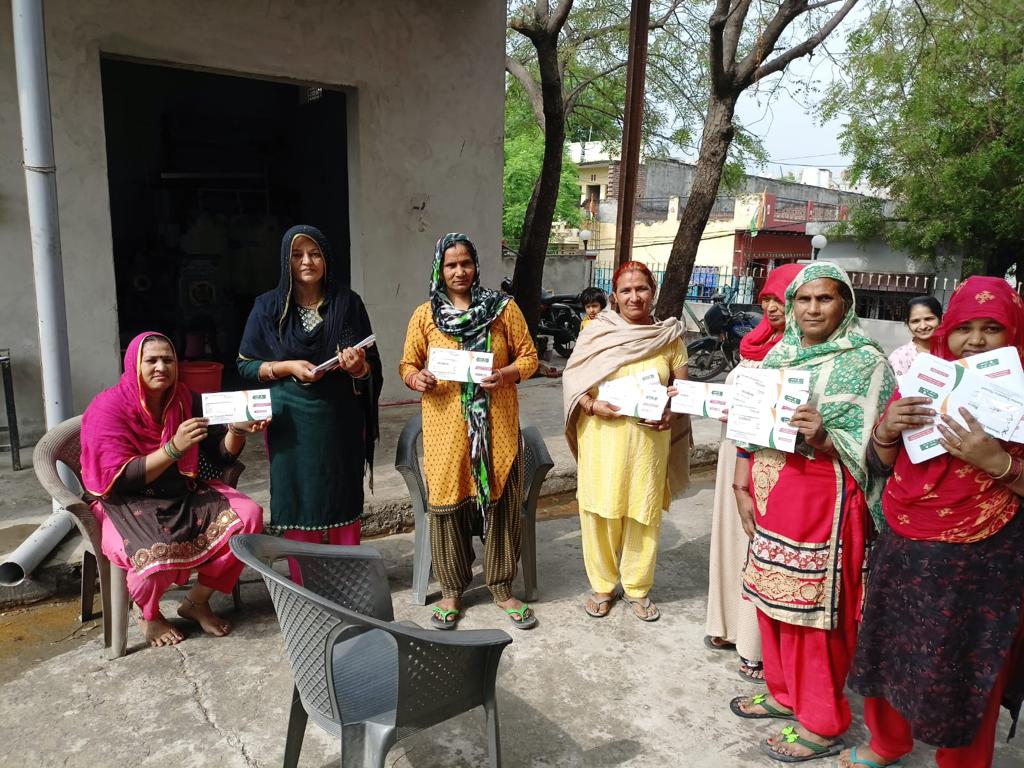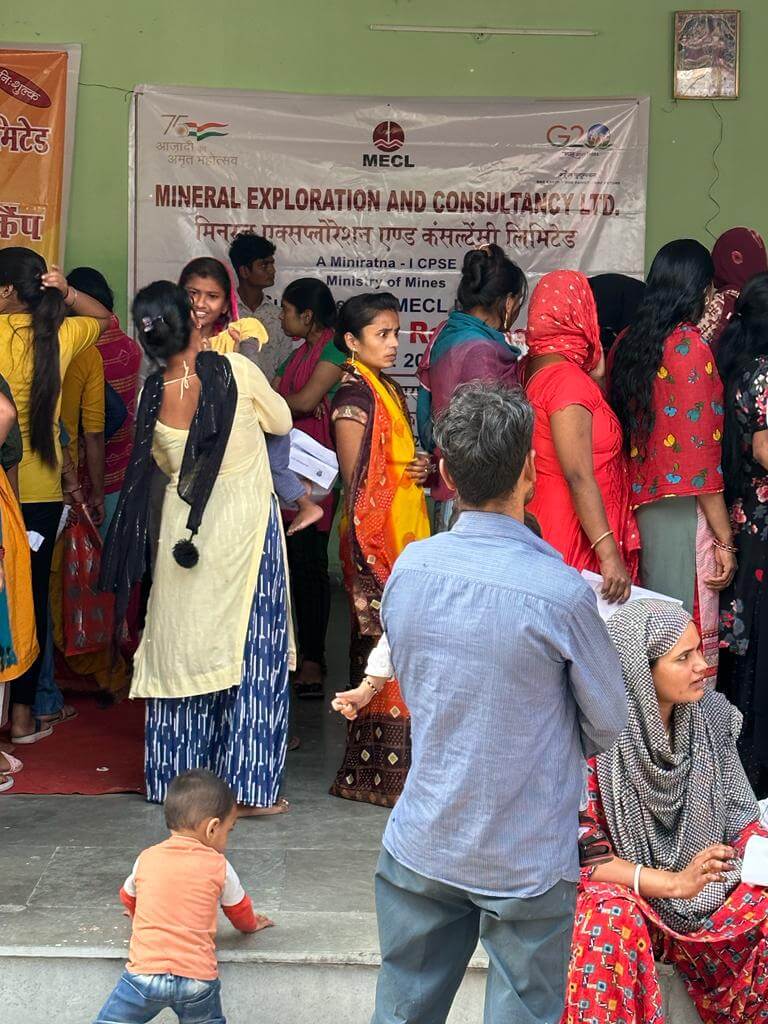Women Empowerment


Women empowerment refers to the process of enabling women to take control of their lives and make their own decisions, both in their personal and professional spheres. It involves providing women with the tools, resources, and opportunities they need to achieve their full potential and live a life of dignity and respect.
Women empowerment is a crucial step towards creating a more just and equitable society. By empowering women, we can create a world where everyone has the opportunity to reach their full potential and live a life of dignity and respect.
Empowering women is not only a moral imperative but also a strategic one. It has been proven that when women are empowered, they contribute significantly to the economic growth of their communities and nations. They are also more likely to invest in their families, which leads to better health, education, and overall well-being for their children.
There are many ways to empower women. Here are some key strategies:
Education: Education is the foundation of women empowerment. It is essential to provide girls and women with access to quality education, especially in developing countries where girls often face cultural and economic barriers to education.




Women Health is of utmost importance for a number of reasons. Women have unique health needs and experiences that differ from men. For instance, women go through pregnancy, childbirth, and menopause, which can have significant impacts on their physical and mental health. Women are also at higher risk of certain health conditions, such as cervical, cervix and breast cancer, osteoporosis, and autoimmune diseases. Further, women play a vital role in society as caretakers of their families and communities. Therefore, maintaining good health is crucial for women to fulfill their responsibilities and contribute to society. Women who are healthy and well-nourished are more likely to raise healthy children, perform well in their jobs, and participate in community activities.


Economic Empowerment: Economic empowerment involves providing women with the tools and resources they need to earn a living and become financially independent. This includes access to credit, training, and job opportunities.
Legal Empowerment: Legal empowerment involves ensuring that women have equal rights under the law and are protected from discrimination and violence. This includes ensuring access to justice, legal aid, and other forms of support.




Social Empowerment: Social empowerment involves changing societal attitudes and norms that perpetuate gender inequality and discrimination against women. This includes raising awareness, promoting gender equality, and advocating for women’s rights.